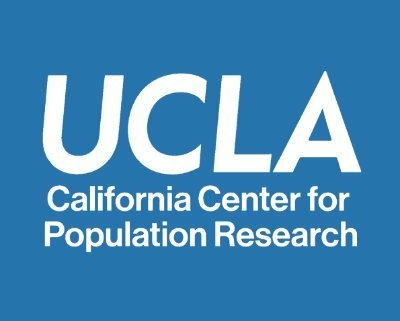
Workshop: Preproducibility: what we may not, with advantage, omit
Please note that there will be no remote attendance for this event. All attendees must attend the workshop in person.
Panelists: Philip B. Stark (Remote), Yotam Shem-Tov, Irene Bloemraad (Remote), and Randall Kuhn
Moderator: Patrick Heuveline
Presenter:
Philip B. Stark is Distinguished Professor of Statistics at the University of California, Berkeley. He holds an AB in Philosophy from Princeton University and a PhD in Earth Sciences from the University of California, San Diego. His research interests include philosophy of science and foundations of probability and statistics, active transportation, cosmology, elections, earthquakes, gender bias, lottery fraud, nonparametric statistics, physics, regenerative agriculture, simulation, uncertainty quantification, and wild food in urban ecosystems. Methods he invented for auditing elections are in law in about ten states. He has served as an expert witness or consultant for many Fortune 500 companies; the U.S. departments of Agriculture, Commerce, Housing and Urban Development, Justice, and Veterans Affairs; and numerous state agencies. He currently serves on the Board of Advisors of the U.S. Election Assistance Commission.
Workshop: Preproducibility: what we may not, with advantage, omit
Workshop Description: Karl Popper (1992) wrote: “Science may be described as the art of systematic oversimplification — the art of discerning what we may with advantage omit.” Communicating a scientific result requires enumerating, recording and reporting those things that cannot with advantage be omitted. At the dawn of the Enlightenment, chemist Robert Boyle (1660) wrote The New Experiments so “that the person I addressed them to might, without mistake, and with as little trouble as possible, be able to repeat such unusual experiments.” An experiment or analysis is preproducibleif it has been described in adequate detail for others to repeat it. Most current published science is not preproducible. We need to fix that.
Moderator:
Patrick Heuveline is a Professor of Sociology at UCLA. He is also the Associate Director of the UCLA California Center for Population Research.
Panelists:
Yotam Shem-Tov is an Assistant Professor of Economics at UCLA. His research primarily focuses on Labor and Public Economics with a special interest in the U.S. criminal justice system. He received a BA in Economics and Philosophy from Tel-Aviv University and a PhD in Economics from UC Berkeley.
Irene Bloemraad (Remote) (Ph.D. Harvard; M.A. McGill) is the Class of 1951 Professor of Sociology. She also serves as the Thomas Garden Barnes Chair of Canadian Studies at Berkeley, is the founding Director of the Berkeley Interdisciplinary Migration Initiative, and co-directs the Boundaries, Membership and Belonging program of the Canadian Institute for Advanced Research.In 2014-15, she was a member of the U.S. National Academies of Sciences committee reporting on the integration of immigrants into American society.
Randall Kuhn is a demographer and sociologist focused on the social determinants of health among vulnerable populations. He is an expert in survey design, longitudinal analysis and counterfactual research design. In the field of migration and health, Kuhn has designed new approaches to estimating the impact of migration on health. In global health, Kuhn leads a 35-year longitudinal study of the impact of health and development programs in Bangladesh. In the area of homelessness, Kuhn conducted some of the earliest quantitative research on health and substance use risks among chronically homeless adults. He co-authored recent reports on homelessness and the coronavirus outbreak for the National Alliance to End Homelessness and on health and homelessness in Los Angeles.



